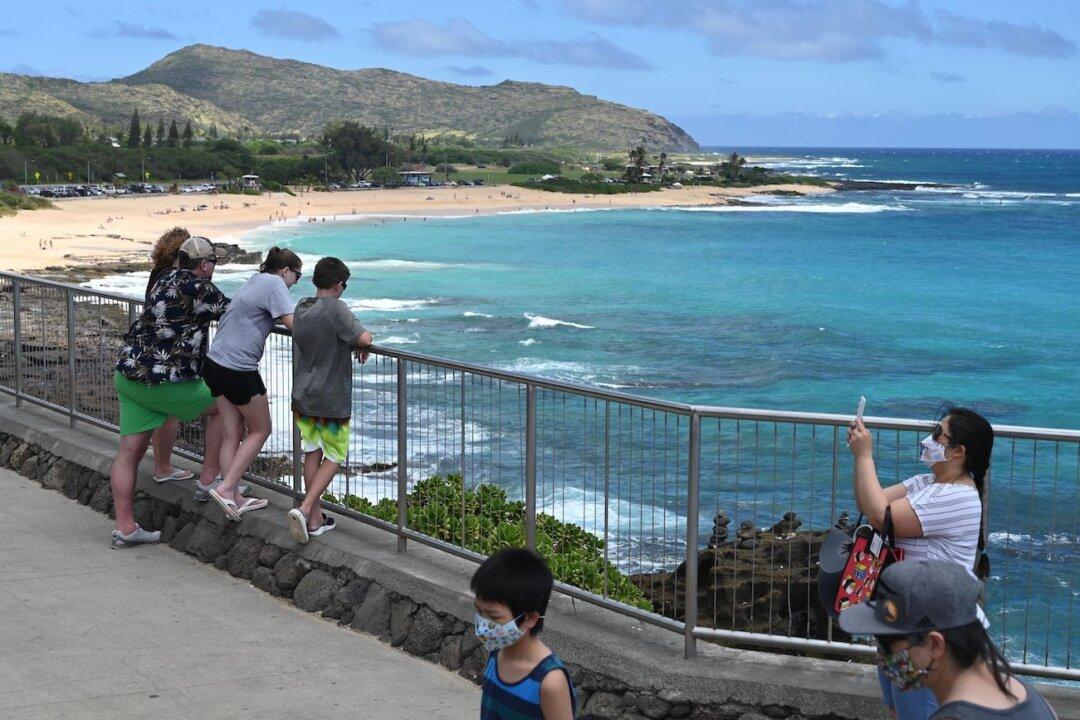Hawaii will become the last U.S. state to lift its universal indoor mask mandate.
Gov. David Ige announced the decision on March 8 during a press briefing, saying the measure would end on March 26.


Hawaii will become the last U.S. state to lift its universal indoor mask mandate.
Gov. David Ige announced the decision on March 8 during a press briefing, saying the measure would end on March 26.